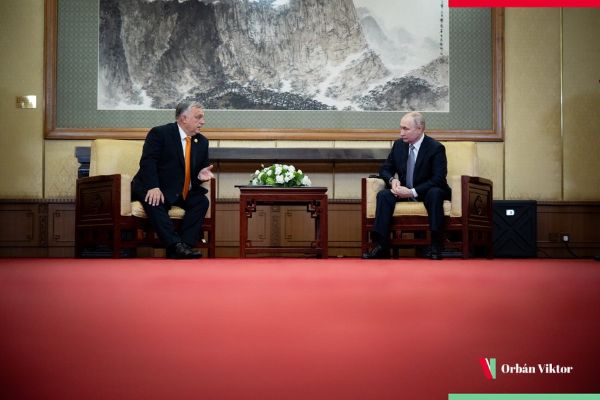Hungarian Prime Minister Viktor Orbán is on a visit to Moscow for crucial discussions with Russian President Vladimir Putin, an unusual move for a leader of an EU-member state in the context of the ongoing conflict in Ukraine. This marks Orbán’s second trip to Moscow since last year and highlights his status as one of Putin’s closest allies among European Union leaders.
In advance of his departure for Moscow early Friday, Orbán made remarks to state media indicating that the primary objective of his discussions with President Putin would centre on Hungary’s continued access to affordable “cheap Russian oil and gas.” These energy resources are currently subject to sanctions imposed by the United States government. Hungary remains one of the few EU countries that continues to import significant quantities of Russian fossil fuels, and it has consistently opposed initiatives to reduce dependency on Russian energy supplies within the European Union.
Earlier this month, Orbán met with U.S. President Donald Trump in Washington, where he successfully negotiated an exemption from U.S. sanctions imposed on Russian energy companies, including Lukoil and Rosneft. Orbán remarked that this exemption is essential for ensuring Hungary’s energy security.
Before he departs from Budapest, Orbán emphasised, “Now all we need is oil and gas, which we can buy from the Russians. I am going there to ensure Hungary’s energy supply at an affordable price for both this winter and the coming year.”
He has long maintained that Russian energy imports are indispensable to Hungary’s economic stability, arguing that transitioning to alternative fossil fuels could precipitate significant economic challenges. While many European countries have begun to reduce their reliance on Russian energy, Orbán’s Hungary has not only maintained its imports but also increased them, actively opposing the EU’s plan to eliminate all Russian fossil fuels by the end of 2027.
This article used information from The Associated Press.

